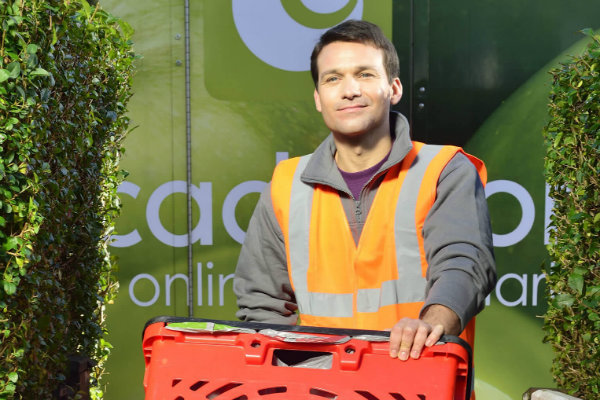Despite strong competition, Ocado has recorded upbeat fourth quarter results, with sales up 17.3%. This marks the 13th consecutive quarter of double-digit growth for the online grocer.
In the 16 weeks to 29 November, sales at the online grocer grew by 13% to £351.8m. Average online orders per week also climbed by 15.8% to 205,000, though average order size lessened by 2.3% to £107.16. Across the full trading period, sales rose by 17.3% year-on-year to £1.2bn.
“We anticipate the retail environment to remain challenging, but expect to continue growing sales ahead of the online grocery market” said Chief Executive Tim Steiner.
“We are pleased to report the thirteenth consecutive quarter of double-digit sales growth in what is a challenging and competitive grocery retail environment.
“Order growth remains strong with average orders per week now exceeding 200,000. This reflects the ongoing shift to online grocery shopping and the specific value customers place on Ocado’s leading proposition, offering the highest service levels and widest range. Our basket value declined as we remain competitive by following market moves in pricing.”
While Ocado celebrates its full year results, the retailer still faces pressure to deliver a reliable service in the midst of online grocery competition. Amazon poses a significant threat with its new Pantry and Prime services. Speculators also suggest that Ocado will struggle to face demand against the Big Four as well as discount retailers Lidl and Aldi as they take the next step into online.
Analysts have commented that future international deals will be a key driver of Ocado’s future success, though the report was conspicuously lacking any reference to overseas expansion, despite the company making a statement about it in February 2016.
“We remain as confident today as we were the last time we talked to the market and we look forward to signing a deal in the relative short term,” Ocado Finance Chief Duncan Tatton-Brown told reporters on Thursday.
“Frankly…whether we sign it on Dec. 31 or Jan. 1, it doesn‘t actually matter.”


















